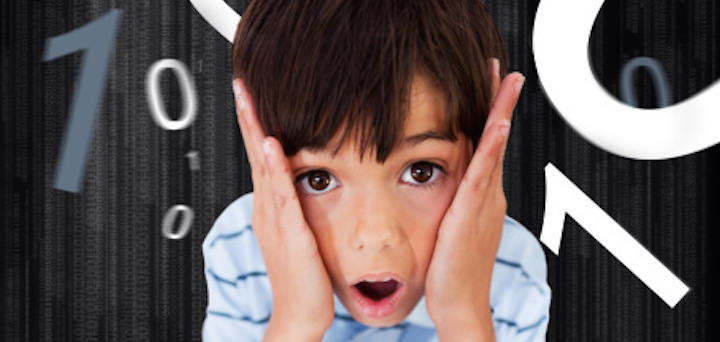Anxiety disorders are the most common mental health problems affecting millions of Americans. They differ from normal anxiety in that they involve prolonged and excessive worry. People who have normal anxiety are able to deal with stressful situations. Individuals with anxiety disorders have irrational fear, worry, and cannot deal with stress. It negatively affects their daily lives. When it comes to teen anxiety, awareness and knowledge are powerful tools to help adolescents self-regulate and function in a healthy manner during an especially challenging time in their lives.
Types of Anxiety Disorders
There are different types of anxiety disorders that affect teens:
Generalized Anxiety Disorder (GAD)
GAD is the most common teen anxiety disorder that adolescent residential treatment centers deal with. It is a problem where your teen worries excessively about what is going on in their life. It happens for a long time. Some of the things a teen gets anxious about include:
- Their grades
- Their relationships
- Their health
- Their performance
- Social life
- Social media
Post-traumatic Stress Disorder (PTSD)
This occurs when adolescents suffer trauma or witness a traumatic event. They become overly fearful, irritable, or sad. They also have a lot of suppressed anger because they felt a lack of control during the traumatic event. This may include nightmares, startle response, hyper-vigilance, flashbacks, and increased anxiety. Teen rehab involves giving them back their sense of safety and control.
Panic Disorder
Looking at the shocking things that happen in our world, you may have felt helpless and even fearful. Panic disorders have the same effect. They manifest themselves in the form of panic attacks, which involve these symptoms:
- Pounding heart
- Trembling and sweating
- Tight chest and difficulty in breathing
- Intense and irrational fear
- Nausea or feelings of choking
- Dizziness and fainting
Social Anxiety Disorder (SAD)
It is one thing to be nervous about social settings. It is yet another to have an intense fear of being around people or of answering a question in class. The teenager feels angry that they are unable to fit in. Therefore, they try to push people away. this leads to isolation and potentially agoraphobia, or fear of going outside.
What Can You Do?
Parents can use the following tips to improve the quality of home life for their children:
- Remain calm when your child is anxious
- Pay attention to the teen’s feelings
- Establish a support system of friends and relatives
- Maintain a normal routine, but be flexible when necessary
- Don’t punish your teenager because of a lack of progress
Beyond these tips, teen anxiety treatment is the best solution. Look for teenage rehab centers that use evidence-based therapies to treat their patients.
There are several evidenced based therapeutic modalities that can help. While medication can be helpful to reduce the intensity of the related symptoms, therapy is indicated in conjunction with medication management in order to explore the basis of the anxiety and to provide alternative coping strategies.
Cognitive-Behavioral Therapy (CBT)
The premise of CBT is that mental distress is manageable using cognitive therapy. A mental health professional helps uncover the negative thoughts and beliefs affecting your child’s mood and behavior. This type of therapy teaches someone how to identify the negative thoughts and replace these negative thought patterns with positive ones.
Mindfulness and Meditation Therapy
Teenagers can learn how to become aware /mindful of their thoughts and feelings. Learning to be present rather than focusing on the past or the future helps to manage stress. This technique is practiced through breathing exercises, mindfulness, and relaxation. Meditation and yoga are proven techniques which help with anxiety and some effects of trauma.
At Ascend Healthcare, we offer a wide variety of evidence-based therapeutic modalities to treat overwhelming teen anxiety, including CBT, DBT (dialectical behavioral therapy), EMDR (Eye Movement Desensitization and Reprocessing) and Mindfulness. The skills learned by teens during these sessions are also complemented with an array of experiential therapies, such as art therapy, music therapy, equine therapy, surf therapy, psychodrama, and much more. For more resources about Teen anxiety or to learn about our program, contact us for a detailed consultation.







